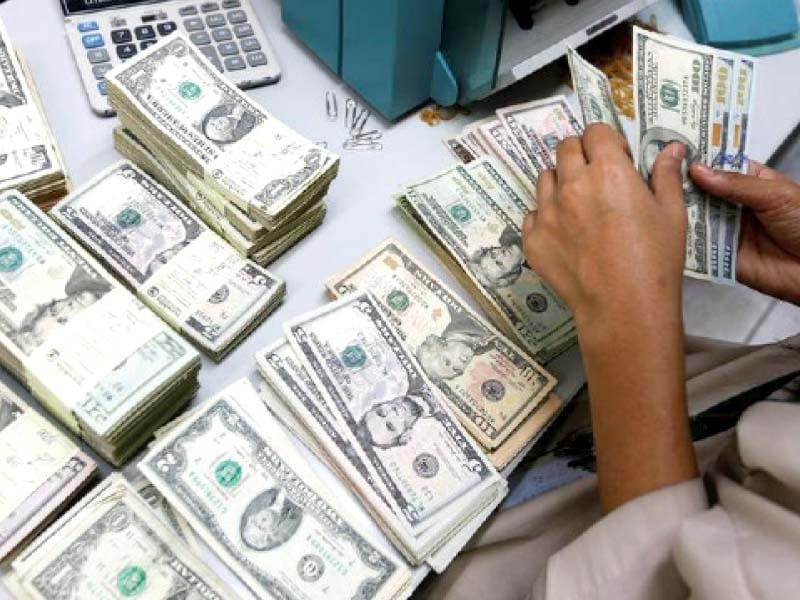KARACHI:
Pakistani traders have allegedly been found involved in discrepancies of over $8 billion through under-invoicing of imports and exports of goods to four major trading partners, causing significant foreign exchange losses, tax revenue losses and supporting financial transactions via the illegal Hawala-Hundi network.
In letters to Finance Minister Shamshad Akhtar, the Pakistan Business Council (PBC) – a business advocacy platform having big foreign and local business groups as members – revealed that Pakistani traders reported imports from China, Singapore, Germany and the United Kingdom at $18.88 billion in calendar year 2022.
However, it said, the four trading partners reported exports of $26.30 billion to Pakistan in the same year, showing a disparity of $7.51 billion.
Similarly, the business advocacy platform found traders involved in under-invoicing of $594 million in exports to China in 2022, which constituted around 21% of the total exports made to the neighbouring and world’s second-largest economy.
Talking to The Express Tribune, PBC CEO Ehsan Malik said the disparity of $594 million in exports to China simply meant that Pakistan did not receive the due amount of foreign exchange.
It came at a time when the country’s foreign exchange reserves were under pressure due to high demand for imports and foreign debt repayment.
Read Massive under-invoicing scam unearthed in imports
PBC said on X, formerly Twitter, that export values exceeded import values by $7.50 billion.
“At duty rates from 10% to 30%, and together with GST (general sales tax) at the rate of 18% and withholding tax of 6%, we estimate a revenue loss of between Rs579 billion and Rs964 billion at the average exchange rate for 2022,” PBC said.
“It is time for the government to explore how to avoid revenue loss through transparency.”
One way is to secure the exchange of trade information, ideally in real time, through electronic data interchange (EDI) with major trading partners. Then levy duties on the export values received from exporting countries.
The Gulf Cooperation Council (GCC), with which Pakistan has just signed a trade agreement, does not report trade data to the International Trade Centre. Therefore, it is necessary that Islamabad secure export data through EDI. Malik said Pakistan had tried time and again to strike an EDI agreement with China, but Beijing said it could provide trade data of only those goods that featured in the free trade agreement.
He urged Pakistan to sign an EDI agreement with GCC countries, mainly the UAE that did not report trade data, as its seaport was a major source of import and export by Pakistan.
Expressing surprise over under-invoicing exports to China, he believed that the Chinese individual trade partners were keeping the excess amount for use in under-invoicing exports to Pakistan. He also believed that traders used the Hawala-Hundi system to settle actual payments.
PBC said it had repeatedly shared with the Federal Board of Revenue the significant disparity in the export values reported by China, Singapore, Germany and the UK and the import values reported by Pakistan Customs to the International Trade Centre (ITC), a multilateral agency which has a joint mandate with the World Trade Organisation (WTO) and the United Nations through the United Nations Conference on Trade and Development (Unctad).
The ITC trade data does not always match, especially with transshipment countries like Singapore, the UAE and the Netherlands. The mismatch cannot entirely be ascribed to under or over-invoicing.
However, unlike many other countries, due to high import tariffs in Pakistan, the incentive to evade duties and taxes is attractive and there is strong anecdotal evidence of under-invoicing. Hence, the larger discrepancies, such as with China, need to be investigated.
Published in The Express Tribune, October 15th, 2023.
Like Business on Facebook, follow @TribuneBiz on Twitter to stay informed and join in the conversation.

